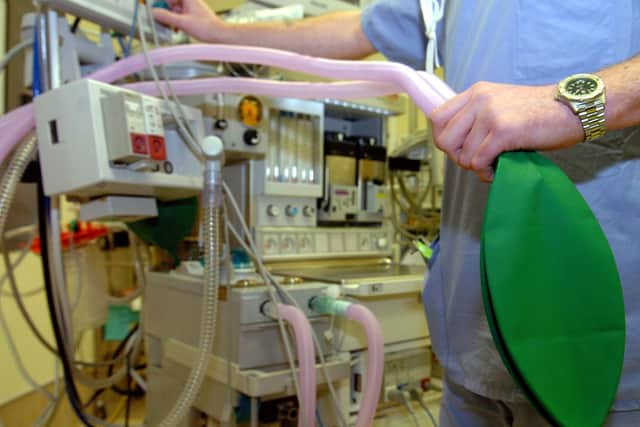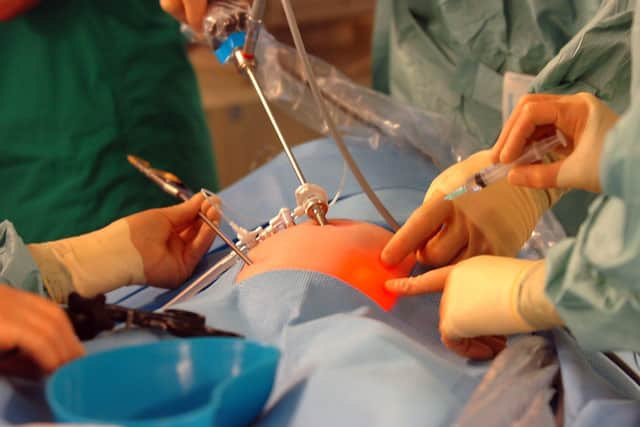Sheffield Teaching Hospitals: Patient suffers ‘severe harm’ in hospital ‘never event’ tourniquet blunder
The mistake was one of six so-called ‘never events’ recorded by Sheffield Teaching Hospitals NHS trust over a two-month period this spring, with five happening in May 2022 and one in April 2022. They are called ‘never events’ because they are never supposed to be allowed to happen.
The trust revealed details of the incidents to The Star following a Freedom of Information request. It said in a statement: “Sheffield Teaching Hospitals NHS Foundation Trust cares for over two million patients every year and the incidents below should be viewed in this context. We take every incident extremely seriously regardless of any harm caused and review what happened so that we can share learning and make changes where possible.”
Advertisement
Hide AdAdvertisement
Hide AdThe most serious incident, involving the tourniquet – a device put in place to stop blood getting to the finger – was classed as ‘severe harm’. If they are left on too long they can cause permanent damage to muscles, nerves, and blood vessels. It has not been revealed what harm was caused in this case.


Where was the ‘never event’?
The document stated: "Incident occurred at a private care provider, undertaking NHS commissioned services. A tourniquet was not removed from a patient’s finger.”
As a result of what happened, a safety alert was distributed, and a review was done of the tourniquet procedure and of compliance with surgical safety policies.
The trust is also now informing patients about the ‘digital tourniquets’ so that they are aware that they need to be removed at the end of the procedure, and providing an alternative ‘digital tourniquet’ which includes a band and clip system that does not impede access to area of surgery.
Advertisement
Hide AdAdvertisement
Hide Ad

Doctors forgot to take swab out of patient after operation
Another of the ‘never events’ was classed as ‘moderate harm’. That involved a ‘retained swab’ – a swab used during surgery which mistakenly left inside the body. Officials say safety action posters were put up in response. A second ‘retained swab’ incident was classed as ‘no harm’ after an investigation.
Procedure done on wrong ‘lesion’
Two incidents were classed as ‘low harm’. One of these saw a procedure performed on the wrong lesion, leading to an immediate safety reminder for staff, and an investigation. The other saw an injection given on the wrong side, again leading to a staff safety message, the launch of a monthly rolling ‘safer surgery audit tool’, and updated guidance.
A final ‘never incident’ was recorded as ‘no harm’ and involved a surgical implant which had exceeded its expiry date. It led to a check of all stocks in the hospital and a review of the process to manage stock rotation, as well as education in operating theatres relating to requirements of supervision of trainees.
Never events in 2020-21
The Care Quality Commission inspection report published on April 5 this year reported that the trust declared 11 never events during the period September 2020 to May 2021. Records showed that five never events were declared over that period. On review of data with the CQC, the data reported by CQC included one never event which had been de-classified and others which have been counted twice.
